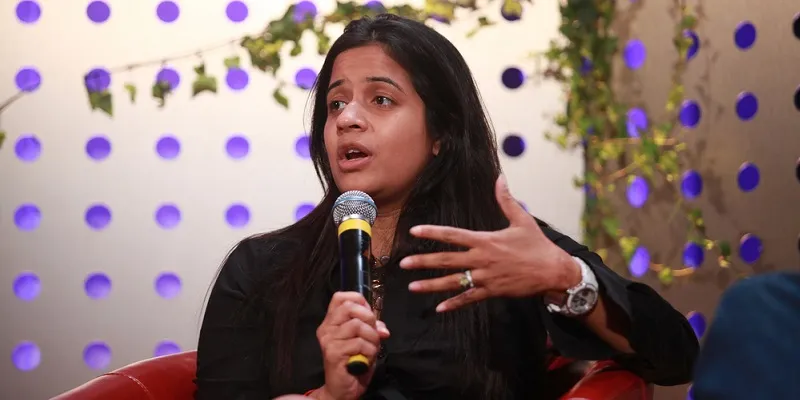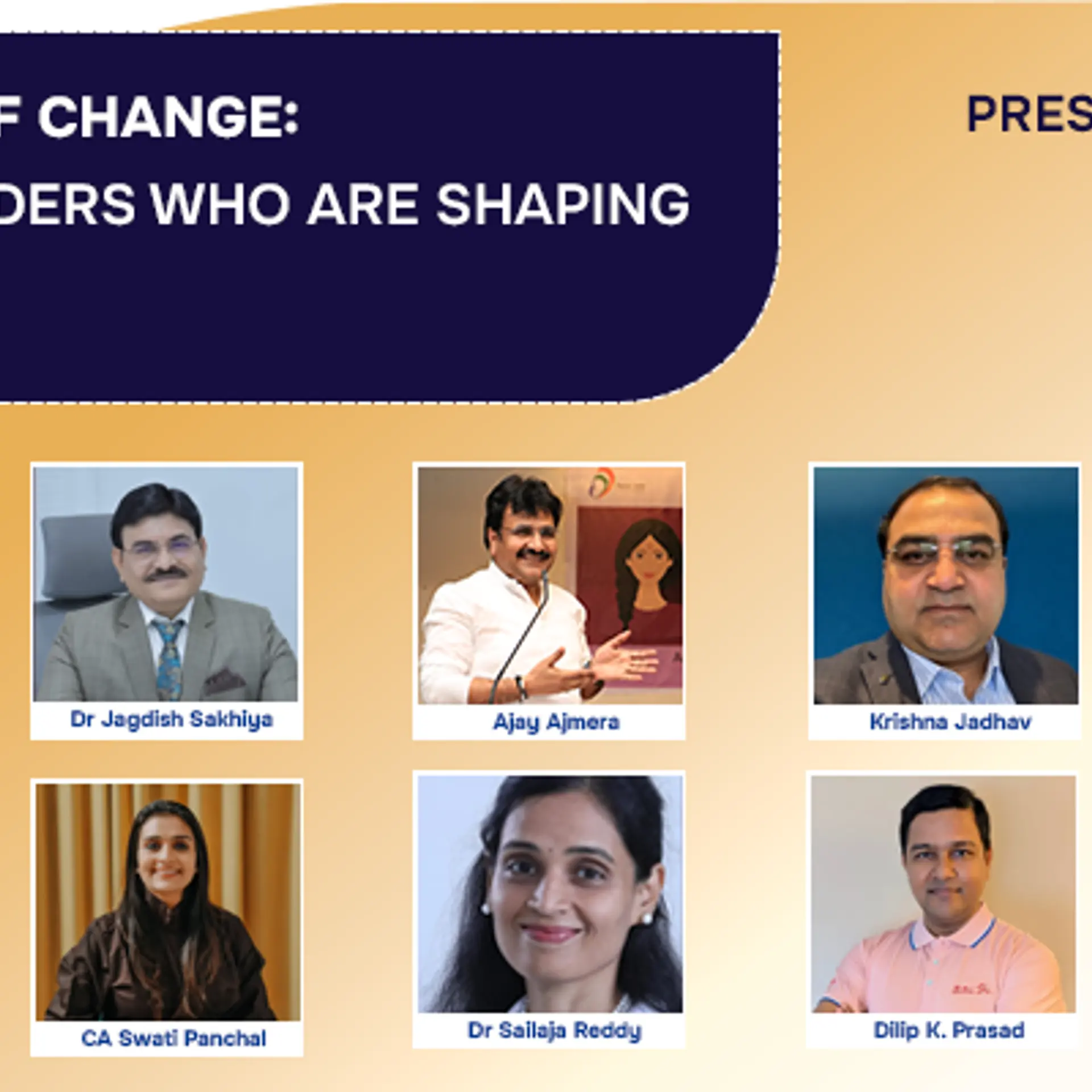This queen of seed funding has Europe under her feet, America in her veins, and India in her soul
Reshma Sohoni is the Co-founder and managing partner of Seedcamp, a First Round Funds based in London with over 200 investments, and one of the authors of the European Startup Manifesto, the document to support startups promoted by the European Union. She was born in India and moved to the US with her family when she was 10. Later, she went to France to do her MBA with a return ticket to the US but, as it happens, she fell in love with Europe and decided to stay. Here we learn why she chose Europe out of the three continents she lived in, and hear her comments on the relationship between the Old Continent and India.

Europe, despite the challenges
“I fell in love with Europe because of its diversity,” she confesses. “The US may be ethnically diverse, but it is also very homogeneously ‘American’,” she says, smiling. “While I was studying in France, I got to work with and meet people from many different cultures, particularly within Europe. I got to discover all the different nuances, types of friendship and work styles. I thought that it was a wonderful place, where I could live and work.”
Yet, Europe has never been an easy place to find employment for someone with a non-European passport. “I think the only country willing to hire me after my MBA and with my American citizenship was the UK. Nobody looked at you in France, Italy, or Spain..forget it!” she shares.
Luckily, in the early 2000s, the UK still had several visa options for highly skilled people and thanks to her MBA, Reshma got one sponsored by Vodafone, where she worked. Now, she has been in the Old Continent for 14 years, moving from Fointainbleu to Düsseldorf, and finally to London, where she currently lives.
Reshma has split her education and professional career between technology (loyal to her Indian roots, she has a BA in engineering) and business (she is an INSEAD graduate). This had equipped her with the tools to encounter and understand a very interesting Europe. She says,
There’s an incredible amount of talent in Europe. Some of the engineers here are better than anywhere else in the world and the problems they want to solve are very interesting and appealing!
Sowing success
Reshma had experience in the VC sphere in India, the US and the UK when she co-founded Seedcamp. The fund was launched in 2007, just before the peak of the economic crisis, with the aim of helping a still limited startup ecosystem in Europe gain global reach. The idea was to provide ‘smart capital’, namely funding, talent, and mentorship, on a single platform. Today, Seedcamp is known as the European Y Combinator, counts 206 companies from 37 countries in its portfolio and has raised $356 million since its inception.
But Reshma’s reason for focussing specifically on seed investments was also a matter of empathy with ‘early-stageness’. “You know, maybe because I’ve always been a foreigner to America from India, and from America to Europe, I’ve always been kind of new and different. So there’s a little bit of that underdog in my story and I think I’ve seen the same in a lot of European founders. They’re underdogs in a very US-dominated scene and I want to help them fight with the same tools and play the same game.”
Improving the European ecosystem
Europe’s multiple borders across languages, cultures, bureaucracies and laws do put up uncomfortable barriers to founders’ ambitions and startups’ growth. In 2013, Reshma, together with eight other entrepreneurs, wrote the Startup Manifesto, answering the call of the former European Commissioner for Digital Agenda Neelie Kroes. The document shows 22 points that would benefit a European digital economy.
Reshma says,
I think that the digital single market will enable the ecosystem to come together. Even if some political forces are slowing down the process, I am optimistic. The situation is complex enough that it’ll take a little bit of time, but it’s not so complicated that you cannot solve it in the next five to ten years.
However, she adds, top-down decisions are only part of the picture, “All of us entrepreneurs have to engage with policy. If we don’t, it would be created and thrust upon us without our voice; we need to take part in building policies we like. Also, all the media and event organisers in the field need to come together more and break the unnecessary barriers that exist today.”
About breaking barriers

Eluding barriers is a constant theme in Reshma’s life, who has been a ‘local’ in three different continents (or maybe four, given that her husband is South African). She defines herself as “as Indian as American and as American as European.” What if the same flexibility applied to entrepreneurial ecosystems?
When talking about the unripe relation between the European and Indian startup scenes, Reshma explains that there is potential for development and points to China as an example.
We’re seeing a lot more connection between Europe and China. And to be fair, that’s been led by money. There are several Chinese investors investing in European startups, there are Chinese companies acquiring European ones and so on. Indian capital hasn’t flown this way yet -or maybe vice-versa, as you can say- and if we had more capital flowing between the two regions, it would certainly help.
She continues, "On the other hand, the two areas have very different problems and it’s hard to put yourself in that market. Investors generally don’t like to invest in things they don’t understand. So if you don’t understand the market and the local problems, it’d be unreasonable to go there and invest."
Yet, she mentions the “unbelievable amount of Indian talent in Europe, particularly in the UK, particularly London” which could bridge this gap, individuating common problems that founders could tackle in both the regions. “The ‘desi mafia’,” she concludes “is growing and has great potential to become a bridge across continents.”







